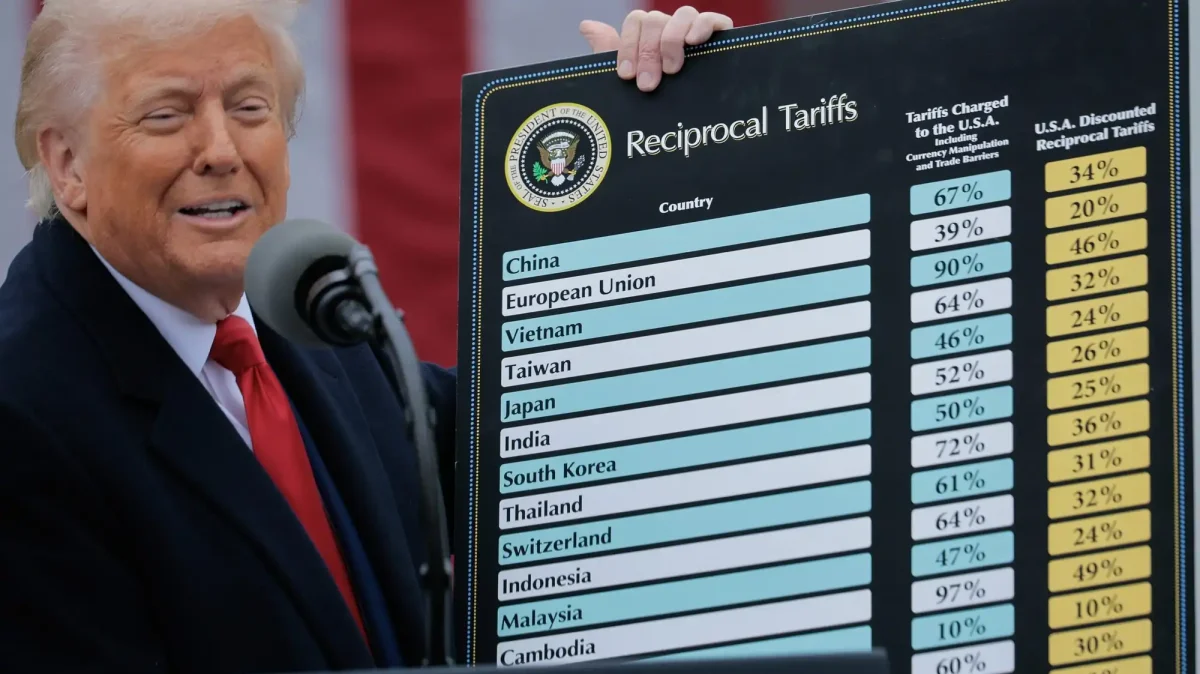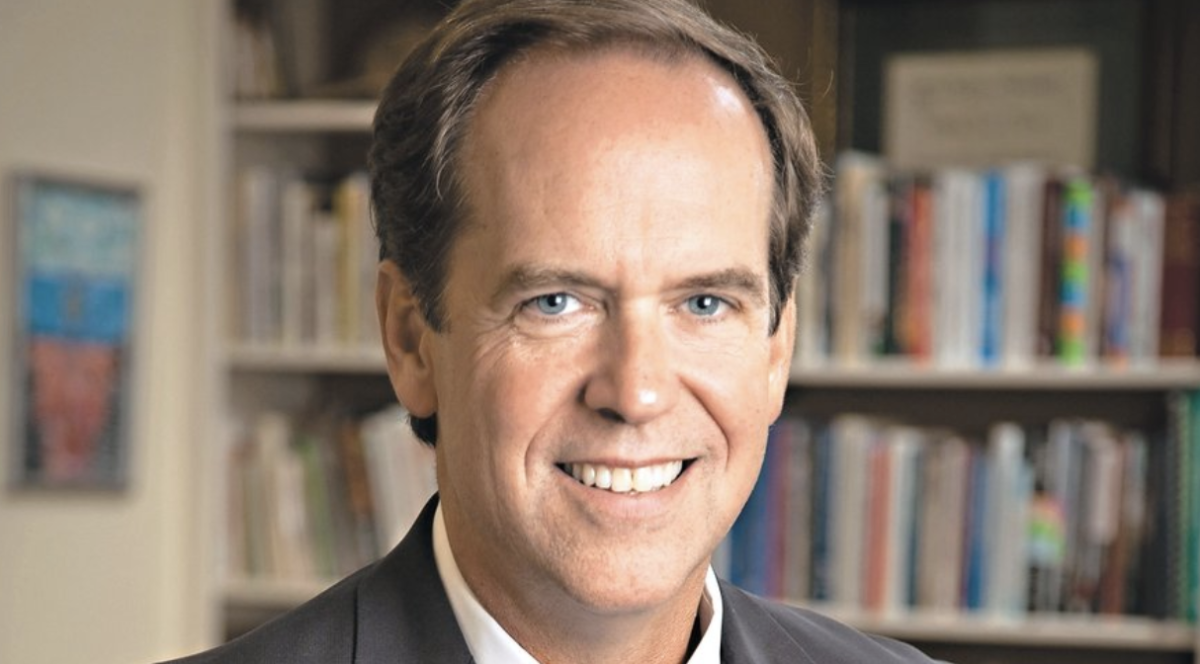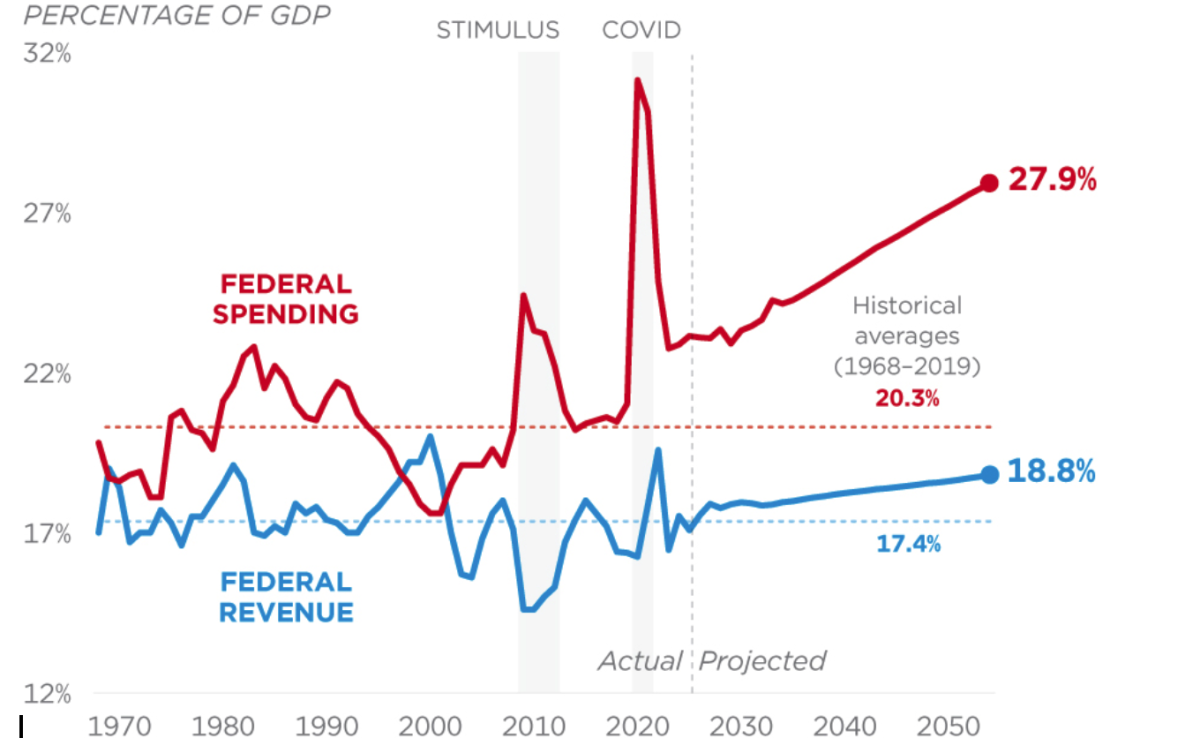“Of the working generational cohorts, of which the youngest would be Gen Z right now, they are considered to be the lowest in terms of financial literacy,” said Matthew Munday, a Westminster Upper School economics teacher. “About 50 percent of Gen Z said they don’t feel confident in their own financial literacy rates.”
While part of this deficit is due to age— Gen Z generally has the least amount of experience— there is substantially less time to develop financial literacy today because of the immense challenges of success in the modern economy.
Financial literacy, an umbrella term representing an abundance of finance-based knowledge areas, ultimately refers to the understanding on which individuals base their financial decisions. It is a critical concept for students to grasp early, as it shapes financial decision-making and remains an essential life skill into adulthood.
“A basic understanding of personal financial literacy is critical,” said Munday. “If you think about some of the most important decisions you’re ever going to make at a young age, they can be costly if you’re unable to appreciate the immediate cost of those decisions.”
For example, students often decide to finance their education before they are old enough to open their own bank account at 18. Early financial decisions significantly influence long-term financial success, due to the concept of “time in the market,” which benefits from compound interest.
Consider a person with an initial investment of 1,000 dollars contributing 200 dollars monthly to an Exchange Traded Fund (ETF) tracking the S&P 500, the index of the top 500 companies in the US. At the index’s average return of about 10 percent, someone investing from the age of 20 to 60 years old would retire with $1.1 million. Investing at age 30 would yield only $412,000, and beginning at age 40 would yield $144,000.
“What’s really important about this statistic is that 50 percent of that wealth generation would come from investments made in their 20s. Through the power of compound interest, saving early really pays off,” said Munday.
Starting investments even five to ten years earlier can make a drastic improvement in one’s return on investment, underscoring the importance of Gen Z achieving financial literacy earlier in life.
However, schools do not widely emphasize financial literacy, harming Gen Z. The Financial Industry Regulatory Authority (FINRA) found that only 24 percent of Gen Z respondents could answer basic financial literacy questions.
“The school system doesn’t necessarily teach finance. Economics is still just an elective, and it doesn’t necessarily teach personal financial literacy,” said freshman Arjun Garg. “Most students don’t even focus on learning while they’re being educated.”
Currently, 26 states require financial literacy courses for graduation, but this information taught in these classes are often rubbed off as not important, depriving students of the ability to apply financial knowledge to real-world situations. Schools tend to emphasize microeconomics and macroeconomics principles without teaching students to apply them daily or indicating the nuances of economics.
“Even Westminster is an example,” said Munday. “We have economics electives, but those are not personal finance courses. You could take these courses and still not know everything you need to know about your own personal finances because it’s not the same thing. The lack of financial literacy requirements means people do not learn about the subject until they are in the workforce and have to make these decisions for themselves for the first time.”
While the 26-state requirement is a positive step, there is much to be done to equip students with the resources they need to be financially responsible and successful throughout their adult lives. Potential improvements include teaching with engaging methods, introducing financial education earlier, and embedding these values into school curriculums.
At Westminster, the Westminster Business Leaders Club promotes financial literacy through the Wharton Investment Challenge and DECA. These business competitions cover elements of finance such as investing, business growth, and personal finance. The club also hosts guest speakers to educate its members.
“We aim to promote financial literacy by hosting weekly meetings during club time,” said sophomore Olivia Wei, a lead of the Westminster Business Leaders co-curricular. “We’re also hosting a lot of speakers to come next semester to talk about different jobs in the financial world and how you can learn to invest.”
Competitions, meetings, and guest speakers promote financial literacy across the Westminster campus.
Social media has also profoundly impacted Gen Z’s financial literacy, with 90 percent of Gen Z reporting use of social media.
“Social media has made learning financial literacy harder,” said Garg. “Shortened attention spans make it difficult to emphasize the importance of lifelong financial responsibility.”
However, social media can also be a powerful tool for introducing financial concepts.
“Gen Z in particular is turning more to social media to learn more about [financial literacy],” said Munday. “A survey by the Wall Street Zen found that 76 percent of Gen Z learn about personal finance from social media from platforms like TikTok, YouTube, and Reddit. These [sources] can be good and bad in terms of obtaining information, but I think in terms of an initial entry into learning about the complexities of financial literacy, there are lots of avenues geared towards the interest areas of younger demographics,” said Munday.
Edited by Lahiri Nooka






